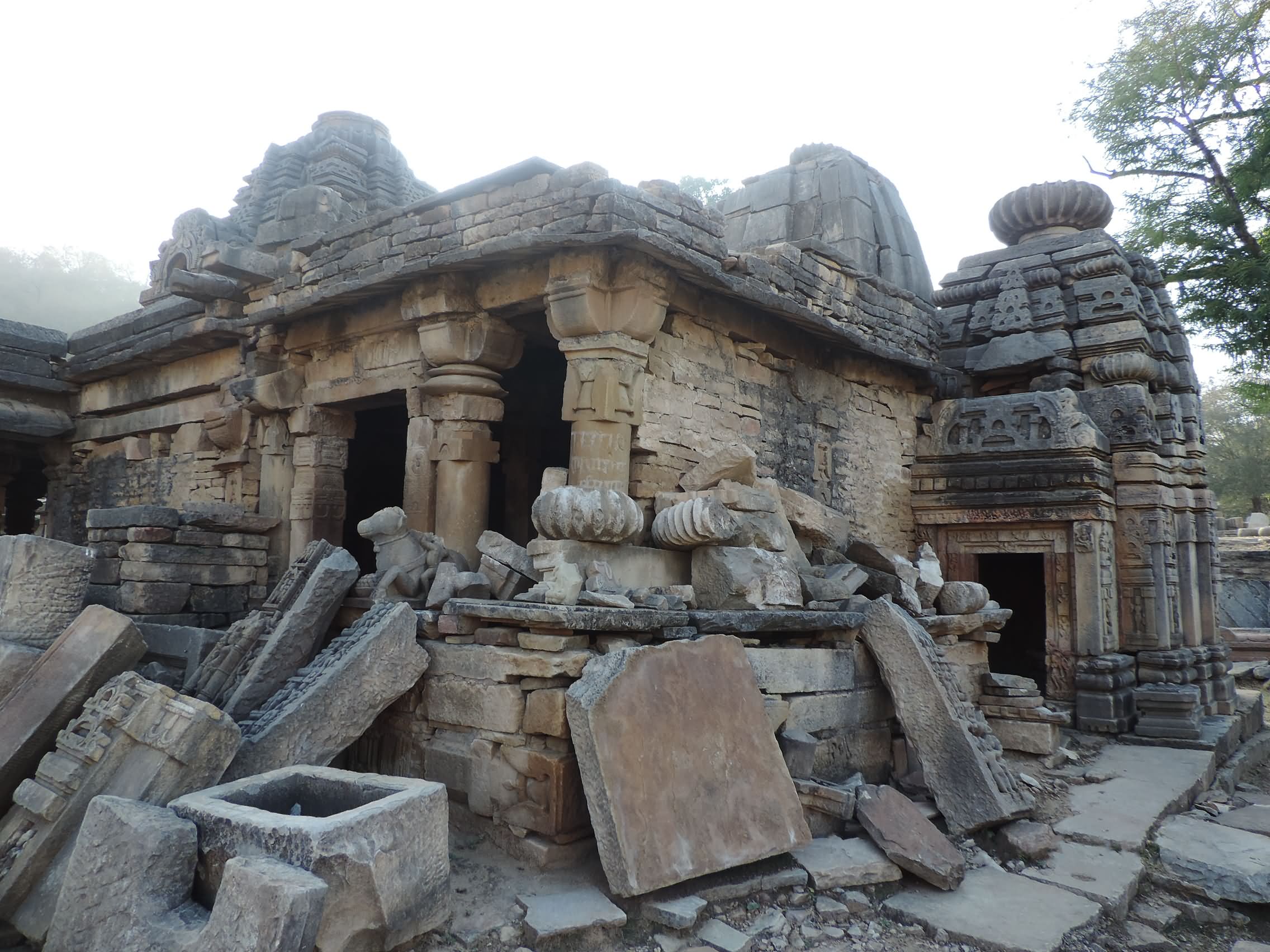
Jesus made the disciples get into the boat and go on ahead to the other side, while he dismissed the crowds. And after he had dismissed the crowds, he went up the mountain by himself to pray. When evening came, he was there alone, but by this time the boat, battered by the waves, was far from the land, for the wind was against them. And early in the morning he came walking toward them on the sea. But when the disciples saw him walking on the sea, they were terrified, saying, “It is a ghost!” And they cried out in fear. But immediately Jesus spoke to them and said, “Take heart, it is I; do not be afraid.” Peter answered him, “Lord, if it is you, command me to come to you on the water.” He said, “Come.” So Peter got out of the boat, started walking on the water, and came toward Jesus. But when he noticed the strong wind, he became frightened, and beginning to sink, he cried out, “Lord, save me!” Jesus immediately reached out his hand and caught him, saying to him, “You of little faith, why did you doubt?” When they got into the boat, the wind ceased. And those in the boat worshiped him, saying, “Truly you are the Son of God.” (Matthew 14:22-33 NRSV).
Among the many lessons we are learning this year is how unpredictable life is. Our lives can be going fairly well. Just like a storm out of nowhere, the coronavirus swept us all under our feet. Whatever the cause, or reason; this virus has brought international hardship and an entirely different life to our world.
Today’s Gospel reading from Matthew could not be more suited for what we are living through. The disciples are in the middle of a storm. The lives of everyone of those people is in danger. I don’t blame Peter for being so scared, even when Jesus calls him to step out and walk on the water. Everything around Peter is not predictable, including and especially seeing Jesus walking on water.
The contemplative message of this Gospel narrative is that Jesus comes to be with us during the storms of life. God may not stop the wind from blowing, or the water overflowing. We might take a step to walk on the stormy waters, and lose our faith during the journey. The storm is happening right now and right where we are. It is in through those tumultuous times of our lives (and oh are we all in them), that Jesus comes to us.
As Benedictines, we take a vow of Stability. The vow of Stability is a promise to place ourselves in the hands of God, with everything about us, as it is. The masks to cover our fears and wounded souls come off, in the vow of Stability. Stability means that even in the face of the storms of fear and change; we do not run away. Stability is our tool for facing God as we are, where we are in the here and now. It is through our vow of Stability, that we contemplate what God is doing in our lives through what we are living through in this moment; right here, right now.
The storms are raging on. Life is in chaos for all of us. Jesus is coming to us as we live through the storms of the coronavirus. It is time to let Jesus in to our hearts, to let Him receive us as we are. “The Lord shall watch over your going out and your coming in, from this time forth for evermore” (Psalm 121:8. The Book of Common Prayer, p.779).
“Do not be daunted immediately by fear and run away from the road that leads to salvation. It is bound to be narrow at the outset. But as we progress in this way of life and faith, we shall run the path of God’s commandments, our hearts overflowing with the inexpressible delight of love” (RB 1980: The Rule of St. Benedict in English, p. 19).
What is Jesus saying to you as you brave the storms of this difficult year?
Amen.
Peace be with all who enter here.
Brother Anselm Philip King-Lowe, OSB.
If you feel led to buy me some coffee to help support this blog ministry, please scroll down to the bottom of the right sidebar and click on the Benedictine Coffee Mug. Thank you so very much.
Visit Br. Anselm Philip’s Ministry of Spiritual and Grief Companionship. Appointments are available.








